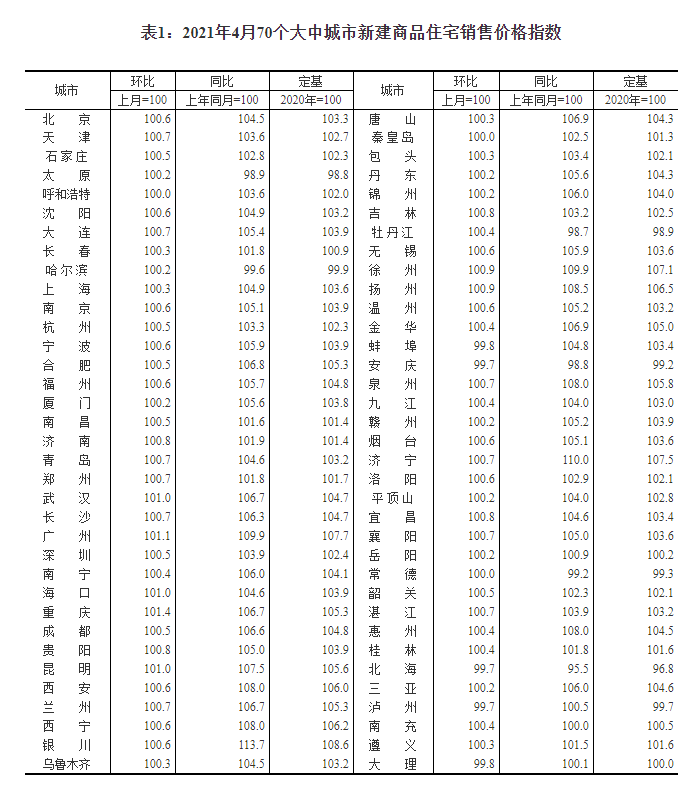 【资料图】
【资料图】
BEIJING, August 22 (TMTPOST)— SoftBank Group Corp’s management firstly made comments on the Japanese tech giant’s recent decision to sell shares of Alibaba Group.
Source:Visual China
The aim to cut stakes in Alibaba is just to reassure investors because the sales can “instantly show” SoftBank’s finances were strong even posting record quarterly losses, Yoshimitsu Goto, the Chief Financial Officer (CFO) at the company, said in an interview with the Financial Times. “In times like this, it is critical as an investment group to instantly show that our financial strength is rock solid,” according to the financial chief.
Earlier this month, SoftBank posted net loss of 3.1627 trillion Japanese yen (US$23.4 billion) during the quarter ended June 30, 2022,, the largest losses since the company was founded more than 40 years ago. This is also another record loss for a second consecutive quarter, compared with the net income of 761.51 billion Japanese yen in the same quarter a year earlier. The losses in the second quarter almost 1.9 times more than the previous quarter this year, underlining the market rout hammered shares of tech companies and the investments in portfolios at SoftBank’s Vision Fund. The unit had quarterly loss of 2.33 trillion Japanese yen, set another record for two quarters in a raw, far worse than the 235.6 billion yen earnings it gained in last year’s second quarter.
Right after unveiling the quarterly losses, SoftBank announced to sell about 242 million American depositary receipts (ADRs) of Alibaba by the early settlement of prepaid forward contracts, citing the challenging equity market environment and the possibility of prolonging such challenge. SoftBank is estimated to gain 4.6 trillion Japanese yean (US$35.4 billion) from the transaction, which is poised to be conducted from August to September. Its stakes in Alibaba would drop from 23.7% to 14.5% when the sales compete.
Unlike to sell shares directly in the market, the physical settlement of prepaid forward contract, a derivative that can be used to lock in a specific price for sale at a future date to avoid volatility, will have no impact on Alibaba shares price at the U.S. exchange. SoftBank expects the settlement will not result directly in any additional sales of Alibaba shares by each financial institution as the counterparty into the market, as Alibaba shares subject to these prepaid forward contracts were hedged in the market at the time of the original monetization transactions by these counterparties.
The early settlement of such massive shares is not SoftBank’s typical move, Goto, at the interview, admitted. In his opinion, the company can send a clear signal to the market by this way. As one of the most highly leveraged companies in Japan, SoftBank wants to provide reassurance to investors and it doesn’t need extra cash to repurchase Alibaba shares in the future, Goto noted.






